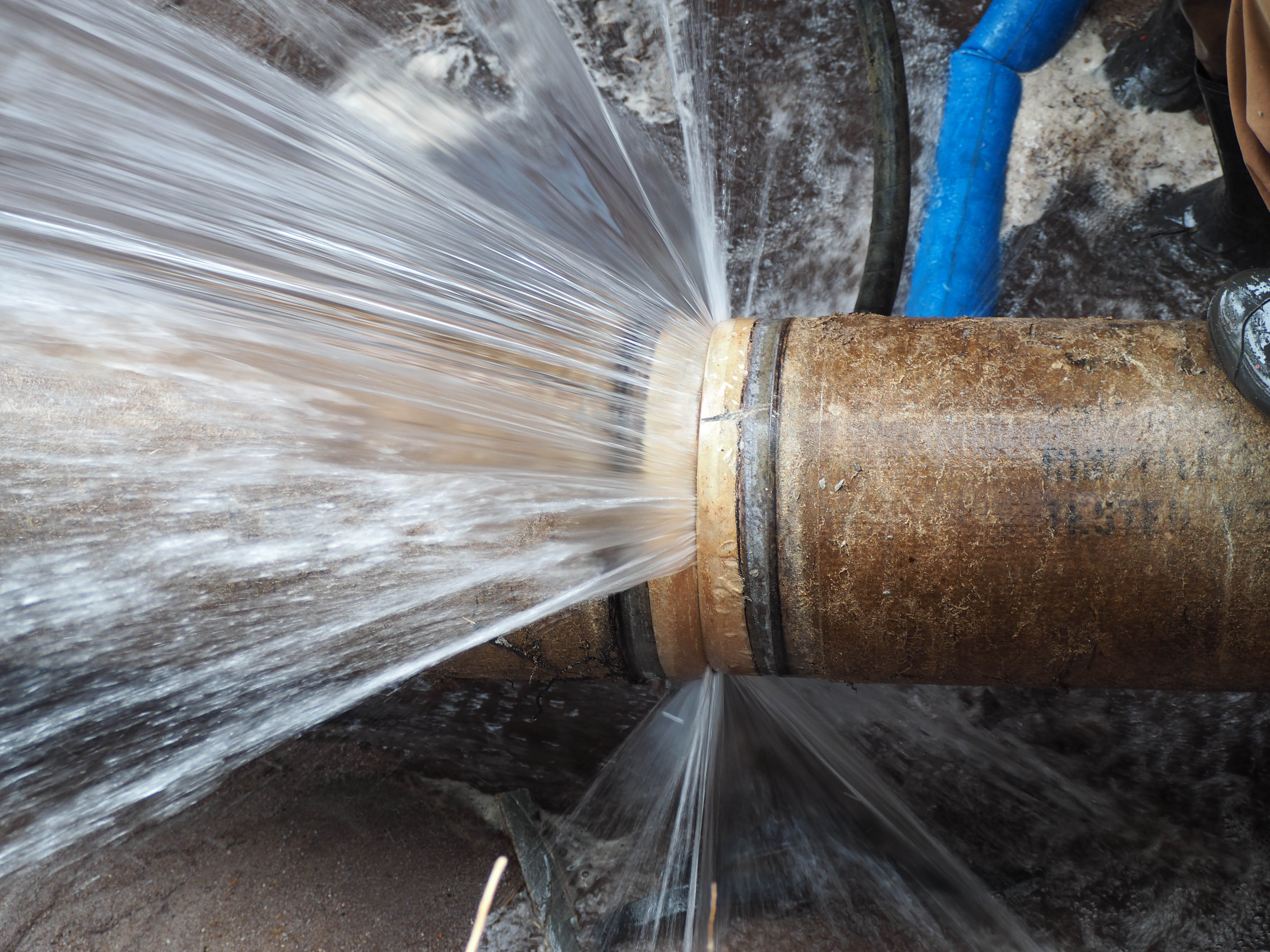Do you find yourself looking for insight around How To Avoid Freezing Pipes?

Cold weather can wreak havoc on your pipes, specifically by freezing pipes. Right here's how to stop it from occurring and what to do if it does.
Introduction
As temperatures decline, the threat of icy pipelines increases, possibly leading to pricey repair services and water damages. Comprehending exactly how to stop frozen pipes is essential for property owners in cool climates.
Comprehending Frozen Pipes
What triggers pipelines to ice up?
Pipes ice up when subjected to temperature levels listed below 32 ° F (0 ° C) for expanded durations. As water inside the pipes freezes, it expands, taxing the pipe wall surfaces and potentially causing them to rupture.
Threats and problems
Frozen pipelines can cause supply of water interruptions, property damages, and pricey repair services. Ruptured pipelines can flooding homes and cause substantial structural damages.
Indicators of Frozen Pipes
Determining frozen pipelines early can prevent them from bursting.
How to determine frozen pipelines
Search for reduced water circulation from taps, unusual odors or noises from pipelines, and noticeable frost on subjected pipelines.
Prevention Tips
Insulating susceptible pipes
Wrap pipes in insulation sleeves or use heat tape to safeguard them from freezing temperatures. Focus on pipelines in unheated or external locations of the home.
Home heating strategies
Maintain interior spaces appropriately heated up, particularly locations with pipes. Open cabinet doors to enable warm air to flow around pipes under sinks.
Safeguarding Exterior Pipes
Garden pipes and outdoor taps
Disconnect and drain yard tubes prior to winter season. Mount frost-proof faucets or cover outside faucets with protected caps.
What to Do If Your Pipes Freeze
Immediate actions to take
If you think icy pipes, keep taps open up to soothe stress as the ice melts. Make use of a hairdryer or towels taken in hot water to thaw pipes slowly.
Long-Term Solutions
Architectural adjustments
Think about rerouting pipes away from outside walls or unheated areas. Add additional insulation to attic rooms, cellars, and crawl spaces.
Updating insulation
Buy top quality insulation for pipes, attics, and walls. Correct insulation assists maintain constant temperature levels and lowers the danger of icy pipes.
Conclusion
Protecting against frozen pipes requires proactive procedures and quick responses. By understanding the reasons, indicators, and preventive measures, home owners can secure their pipes throughout winter.
Helpful Tips to Prevent Frozen Pipes this Winter
UNDERSTANDING THE BASICS: WHY PIPES FREEZE AND WHY IT’S A PROBLEM
Water freezing inside pipes is common during the winter months, but understanding why pipes freeze, and the potential problems it can cause is crucial in preventing such incidents. This section will delve into the basics of why pipes freeze and the associated problems that may arise.
THE SCIENCE BEHIND FROZEN PIPES
When water reaches freezing temperatures, it undergoes a physical transformation and solidifies into ice. This expansion of water as it freezes is the primary reason pipes can burst. As the water inside the pipe freezes, it expands, creating immense pressure on the walls. If the pressure becomes too great, the pipe can crack or rupture, leading to leaks and water damage.
FACTORS THAT CONTRIBUTE TO PIPE FREEZING
Low Temperatures: Extremely cold weather, especially below freezing, increases the risk of pipes freezing. Uninsulated or Poorly Insulated Pipes: Pipes located in unheated areas, such as basements, crawl spaces, or attics, are more prone to freezing. Insufficient insulation or lack of insulation altogether exacerbates the problem. Exterior Wall Exposure: Pipes running along exterior walls are susceptible to freezing as they encounter colder temperatures outside. Lack of Heating or Temperature Regulation: Inadequate heating or inconsistent temperature control in your home can contribute to frozen pipes. PROBLEMS CAUSED BY FROZEN PIPES
- Pipe Bursting: As mentioned earlier, the expansion of water as it freezes can cause pipes to burst, resulting in significant water damage.
- Water Damage: When pipes burst, it can lead to flooding and water damage to your property, including walls, ceilings, flooring, and personal belongings.
- Structural Damage: Prolonged exposure to water from burst pipes can compromise the structural integrity of your home, leading to costly repairs.
- Mold and Mildew Growth: Excess moisture from water damage can create a favorable environment for mold and mildew growth, posing health risks to occupants.
- Disrupted Water Supply: Frozen pipes can also result in a complete or partial loss of water supply until the issue is resolved.
WHY CERTAIN PIPES ARE MORE PRONE TO FREEZING
- Location: Pipes located in unheated or poorly insulated areas, such as basements, crawl spaces, attics, or exterior walls, are at higher risk of freezing.
- Exterior Pipes: Outdoor pipes, such as those used for irrigation or exposed plumbing, are particularly vulnerable to freezing as they are directly exposed to the elements.
- Supply Lines: Pipes that carry water from the main water supply into your home, including the main water line, are critical to protect as freezing in these lines can affect your entire plumbing system.
- Underground Pipes: Pipes buried underground, such as those connected to sprinkler systems or outdoor faucets, can be susceptible to freezing if not properly insulated.
https://busybusy.com/blog/helpful-tips-to-prevent-frozen-pipes-this-winter/
:strip_icc()/snow-outdoor-faucet-pipes-4af65d1e5e904fb1aa7bf74071fe5d89.jpg)
I discovered that blog posting about How To Avoid Freezing Pipes when doing a lookup on the internet. Do you know another individual who is fascinated by the subject? Please feel free to share it. Thank-you for your time spent reading it.
Call Today